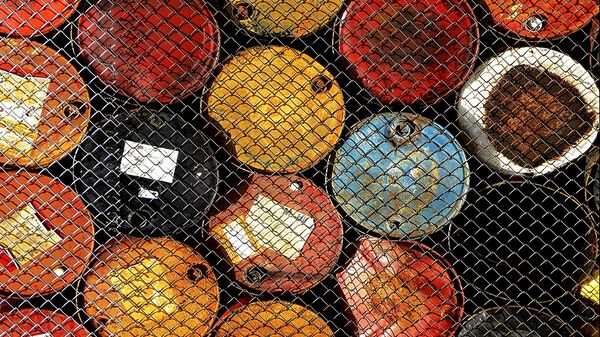The Wolfcamp formation, in the Permian Basin in a West Texas desert, is believed to hold some 20 billion barrels of oil, worth roughly $900 billion at today's prices. It is also believed that this field contains an estimated 16-trillion cubic feet of natural gas, and 1.6 billion barrels of liquid natural gas.
“The estimate lends credence to Pioneer Natural Resources Co. Chief Executive Officer Scott Sheffield’s assertion that the Permian’s shale endowment could hold as much as 75 billion barrels, making it second only to Saudi Arabia’s Ghawar field,” Bloomberg reports.
The Wolfcamp find is three times larger than the previous largest fossil-fuel discovery in the US, the North Dakota’s Bakken field.
The area, controlled by several energy companies, has been producing gas for the past 100 years. The latest find was previously inaccessible as it is buried under four layers of shale. To retrieve it, modern methods such as fracking and horizontal drilling must be used, Newser reported.
"The fact that this is the largest assessment of continuous oil we have ever done just goes to show that, even in areas that have produced billions of barrels of oil, there is still the potential to find billions more," Walter Guidroz, program coordinator for the USGS Energy Resources Program, said in a statement. "Changes in technology and industry practices can have significant effects on what resources are technically recoverable."



